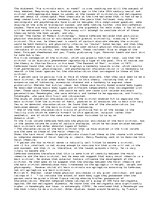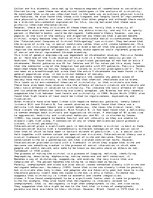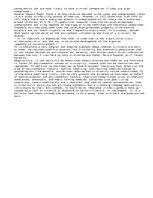It is therefore a very complex and ongoing argument about whether criminals are born, or made. Goring continued his studies into criminality and eventually postulated that it was caused neither by environment nor heredity, but as the result of an interaction between the two. A view held by many criminologists today. He did however still favour heredity.
Despite this, it can certainly be shown that modern studies and theories are much more in favour of environmental causes of criminality, causes that can be controlled and repressed. In addition to the theories we have discussed, there are many others on the side of environmental factors, such as labelling, and learning theories tested by psychologists like Bandura and Skinner showing how criminality can be conditioned. It is therefore much more likely, taking into account the evidence we have seen on behalf of both biological and environmental factors; that with today's mass array of chemical substances, enhancers, and habit forming hobbies; conjoined with poor living conditions, conditioned morals and lifestyles; and lack of wealth and education, that criminality is certainly not an innate tendency, but a lifestyle imposed upon certain individuals by their environment. It could be an imbalance in their genetic make-up caused by a lack of vitamins or exposure to certain minerals. In retrospect, it is a definite fact shown through the evidence in this essay, that criminals are made and not born.
…



